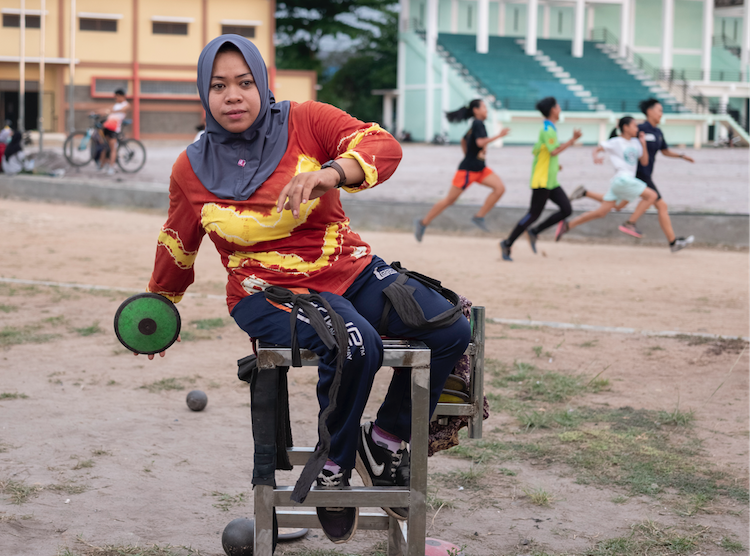Para Sport Against Stigma harnesses the power of sports to challenge and change negative perceptions of disability. Focused on Sub-Saharan Africa, the project fosters collaboration and develops local solutions through research and innovation, with activities centered on broadcasting, community engagement, and Para athlete development. Delivery partners for phase one (2020-2024) included: Loughborough University London, International Paralympic Committee and University of Malawi.
Rusmiyati, Paralympic Athlete. Credit - Angus Stewart
How can Para sport be used to tackle stigma to increase Assistive Tech (AT) adoption in Sub Saharan Africa.
Objective:
The AT2030 Para Sport Against Stigma (PSAS) project embarked on a mission to address disability-related stigma in Africa by harnessing the power of Para sports to promote the adoption of assistive technology (AT). This innovative initiative took an in-depth look into broadcasting and community engagement as well as Para athlete development strategies. By focusing on the vital aspects of representation, education, and communication within Para sport, the project sought to shatter societal barriers, ultimately facilitating easier access to and the widespread adoption of assistive technology (AT).
The Para Sport Against Stigma (PSAS) project, between 2020 to 2024, capitalises on lessons from the London 2012 Paralympic Games. It is a collaborative effort led by Loughborough University London in partnership with the International Paralympic Committee (IPC) and the University of Malawi. The IPC took a significant step forward in raising awareness of Para sports and athletes in Sub Saharan Africa by providing free-to-air coverage of the Tokyo 2020 Paralympic Games for the first time through this project. This groundbreaking initiative marks a crucial step in amplifying visibility and recognition of Para sports in the region.
Alongside the broadcasts, in Ghana, Malawi, and Zambia, the project supports in-school educational activities using the IPC’s official program, I’mPOSSIBLE, fosters Para athlete development in local communities before, during, and after the Paralympic Games, and, in Malawi, is conducting research to gain insights into enhancing community engagement in Paralympic activities.
Project objectives:
The project set out to look at how the Paralympics could be harnessed to shift disability stigma in Sub-Saharan African contexts. Research aimed to build insights and inform strategic approaches through action research processes and qualitative methods. A series of pilot strategies were implemented around community engagement, broadcast and athlete development.
Implementation:
Broadcasting and Community Engagement
We experimented with community engagement initiatives around the Tokyo 2020 broadcasts (e.g. local commentary, mobile screenings, theatre for development, media engagement) to gain insights around how Para sport can be used as tool to social inclusion in communities using qualitative and action research methods.
Why? The first ever free-to-air broadcast of a Paralympic Games to Sub Saharan Africa, provided a unique platform to learn and innovate around Para sport and disability stigma in a local context. The strategy was to use in-depth research and to learn from local practice and voices in the context of Malawi. Findings and toolkits aim to inform further initiatives and programming
Para-athlete development
We strengthened Para Sport systems by implementing IPC led athlete development and education programmes and used qualitative and action research methods to reflect on implementation processes.
Why? Without systems, there will be no pathway for Para athletes to develop and nothing to talk about in terms of broadcasting. This work spread across Ghana, Zambia and Malawi, although the biggest step change was seen in Malawi. Findings and toolkits aim to inform further initiatives and programme.
Overall, we aimed to understand local contexts and learn from local voices around stigma to inform future strategies and initiatives to aid AT adoption.
Latest
-
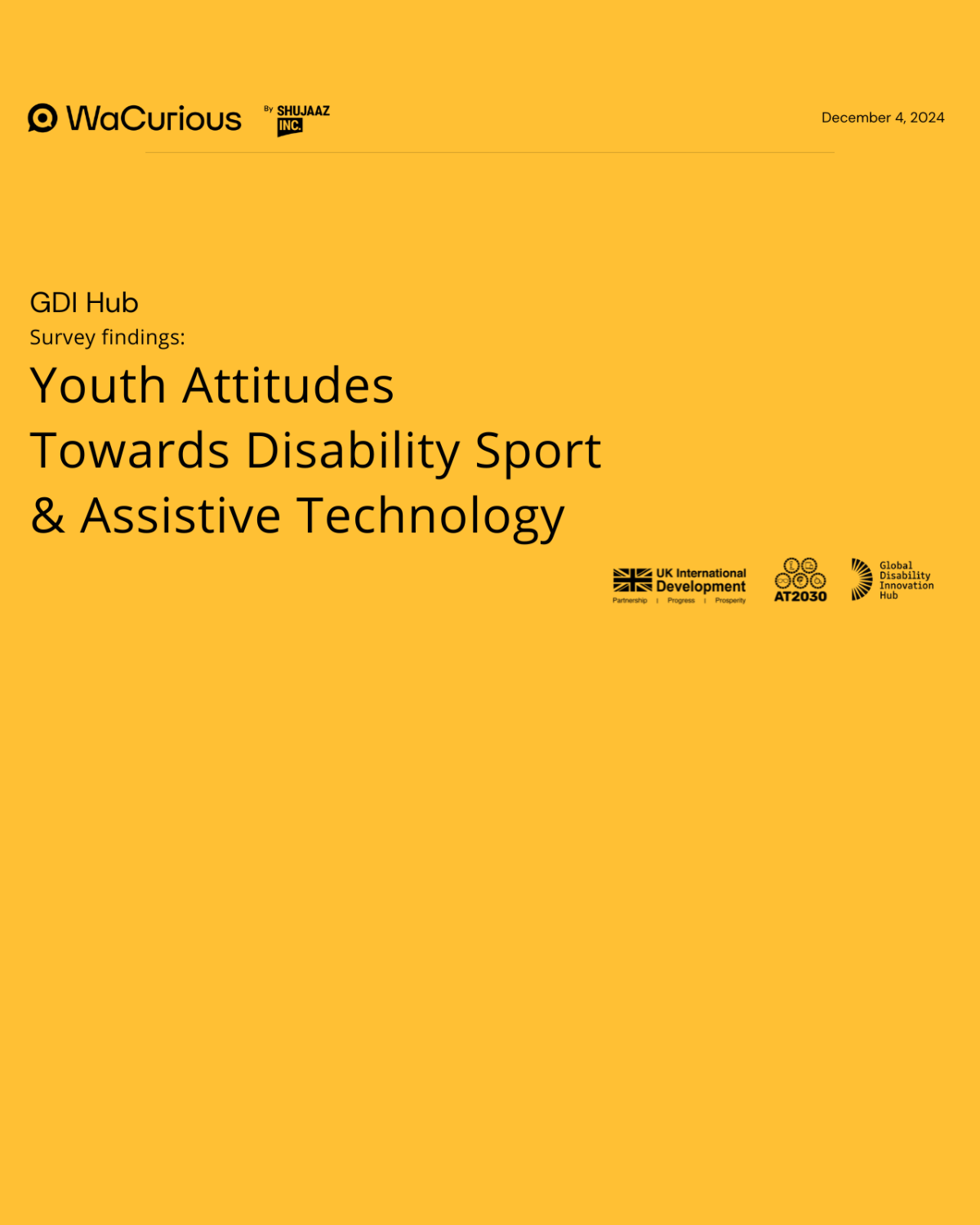
Youth Attitudes Towards Disability Sport & Assistive Technology
Shujaaz IncMarch 20, 2025Academic Research PublicationsThe 2024 Paralympic Games present a unique cultural moment to amplify the voices and stories of persons living with disabilities. To leverage this global event, the Global Disability Innovation Hub partnered with Shujaaz, an Emmy award winning partner based in Kenya to create a comprehensive initiative that explores and highlights the cultural impact of disability beyond the realm of sports.
-
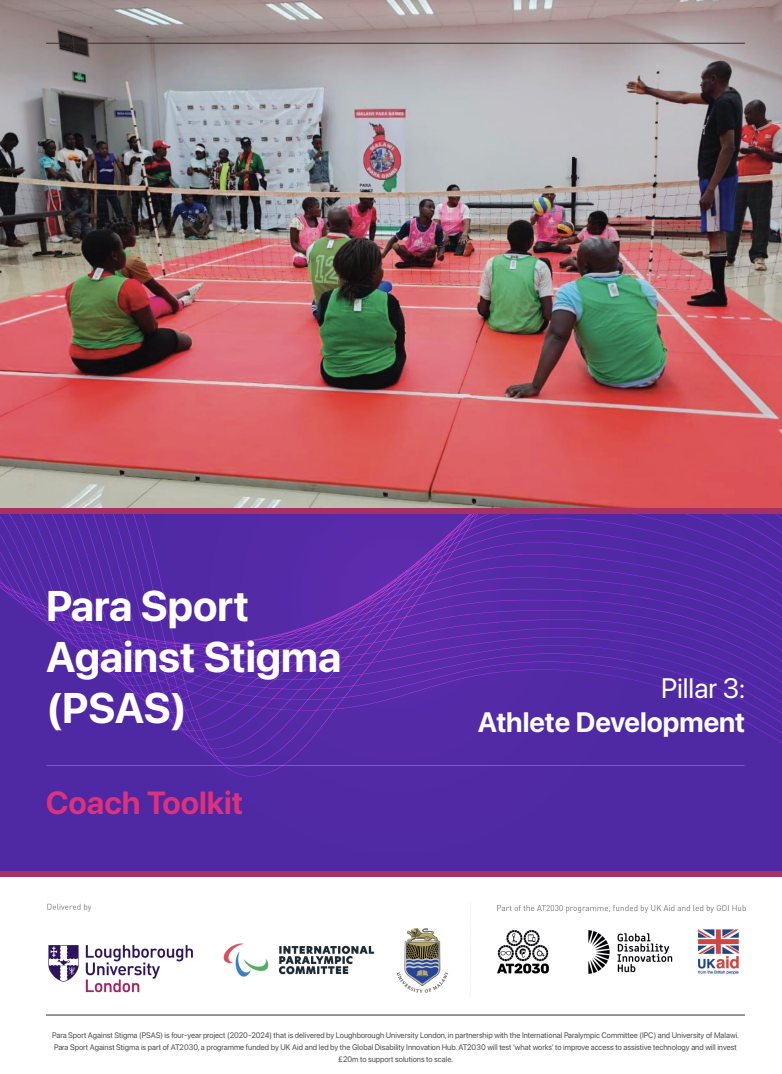
PSAS Coach Toolkit
Global Disability Innovation Hub, Loughborough University, The International Paralympic Committee (IPC), University of MalawiSept. 30, 2024MalawiAT2030 ResourcesThis toolkit is aimed at supporting coaches who work with disabled athletes within their national and international sporting systems. The toolkit is designed to provide useful information and step-by-step guides on important aspects of Para sport, such as classification systems and processes, competition requirements, coaching checklists and communication methods.
-
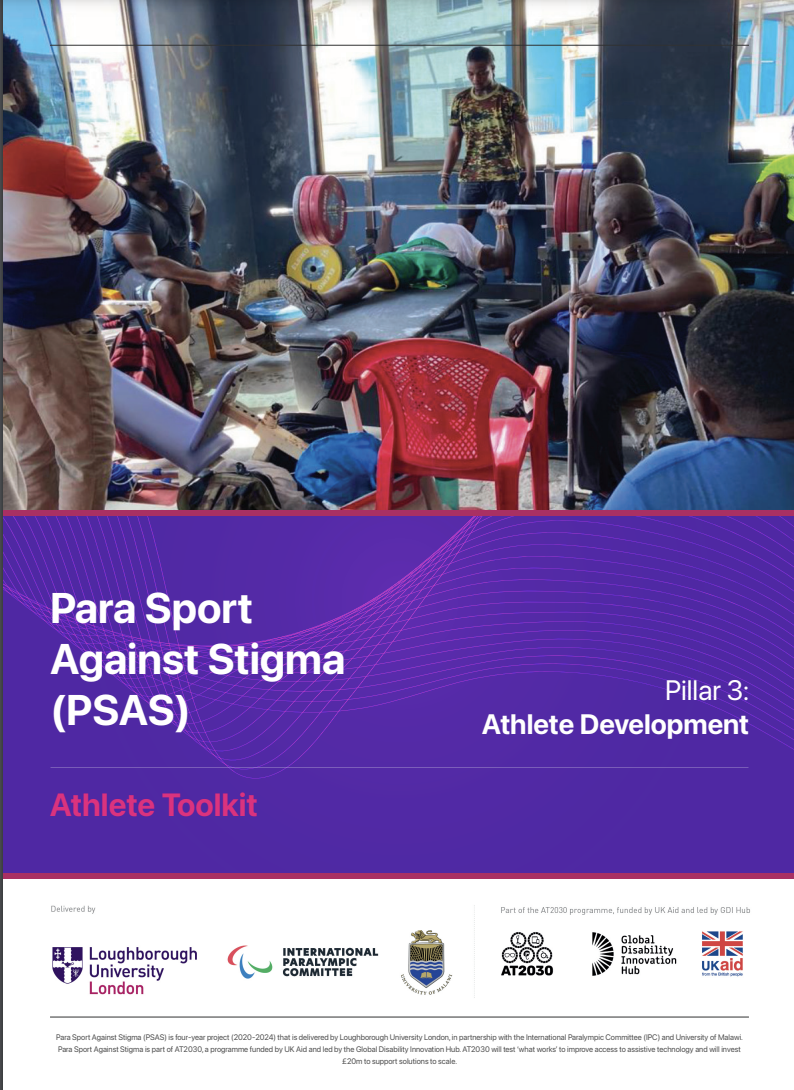
PSAS Athlete Toolkit
Global Disability Innovation Hub, Loughborough University, The International Paralympic Committee (IPC), University of MalawiSept. 30, 2024Ghana, Malawi and ZambiaAT2030 ResourcesThis toolkit is aimed at athletes with a disability who aspire to become world class and compete for their country at an international level. The toolkit is designed to provide useful information and step by step guides on important aspects of Para sport such as classification, competition, coaching and communication.
-
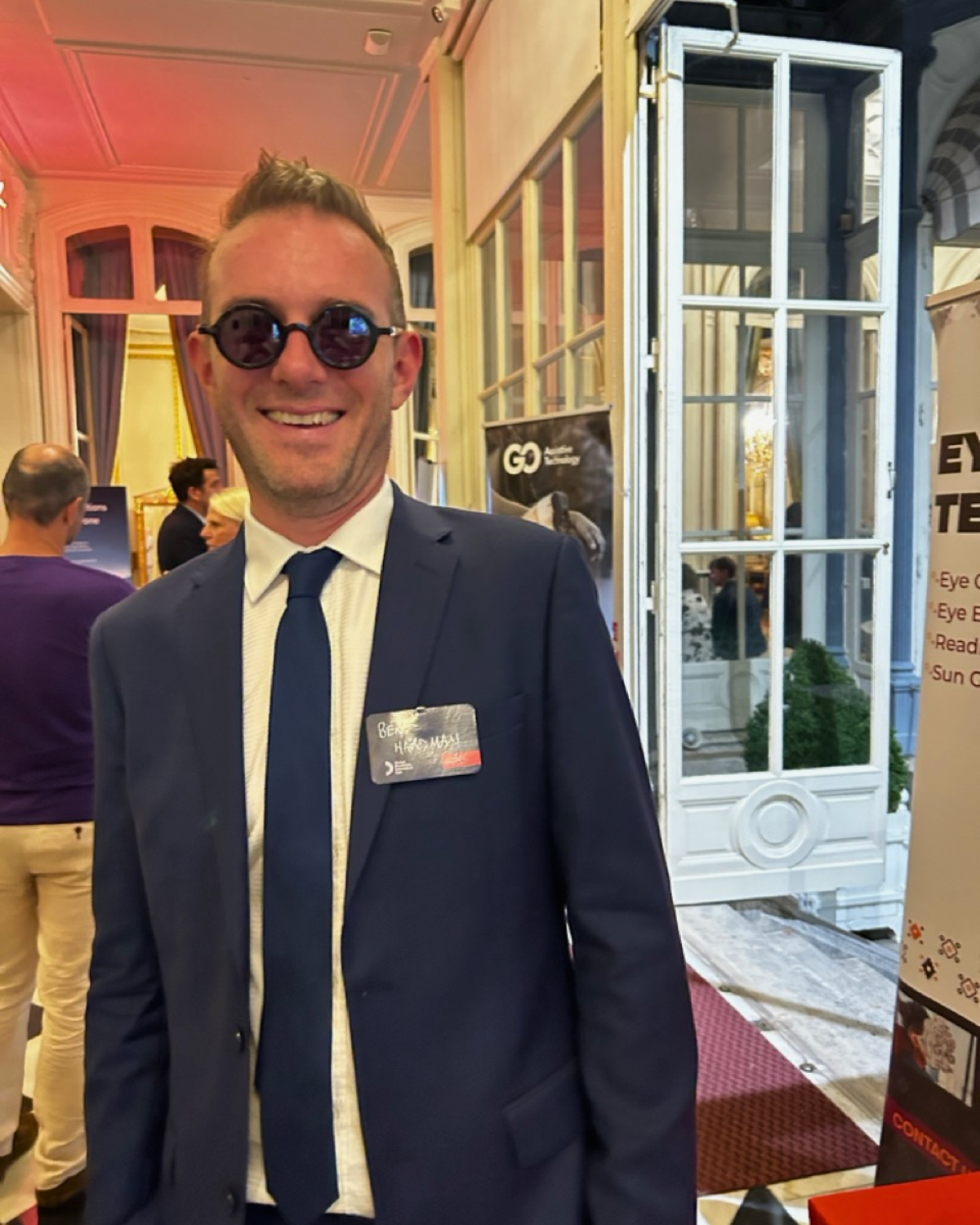
Paris Paralympics - A reflection of performance on and off the field, by Ben Hardman GDI Hub Head of Innovation
Ben HardmanSept. 3, 2024FranceThe London Games felt very special, I could sense a pivot in the way that Paralympic sport and disability more generally, was being presented to me. The London Paralympics had attitude, it was edgy, humorous, honest, ballsey, super-human - this drew me in to a culture that I hadn’t really engaged with before, and I loved it. As a designer and engineer I was blow away by the Queen Elizabeth Olympic Park, which oozes human-centred design, and made the experience for everyone at the games equally brilliant. Looking back, I can now appreciate that what I’d experienced was an event and a place where inclusion had been baked-in from the very beginning and not as an after-thought or tick box.
-
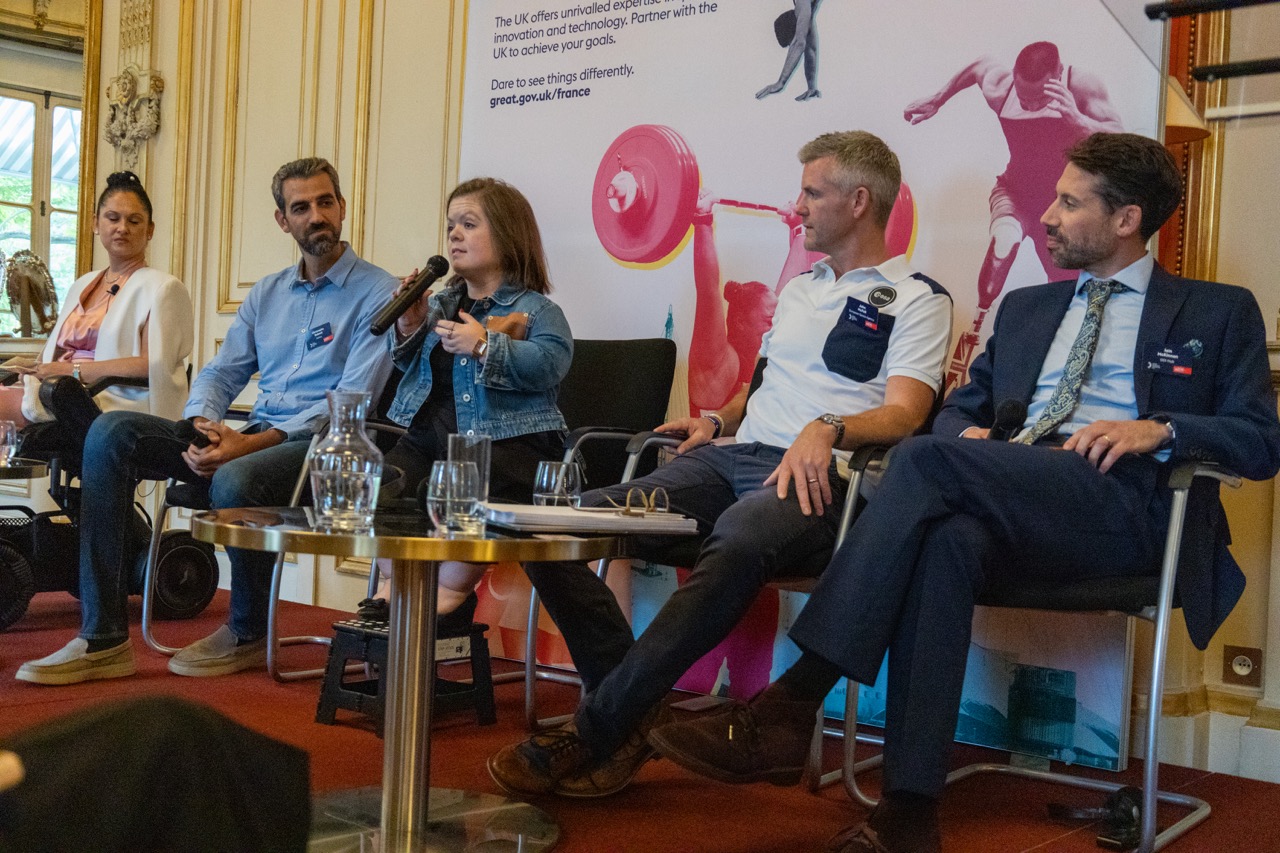
Disability, innovation and the power of Paralympic legacy – a reception to remember at the British ambassador's residence to mark the start of the 2024 Paris Paralympics
Louise GebbettSept. 2, 2024FranceAs the first day of sport kicked off in Paris, and crowds around the city streamed into venues to cheer Paralympians in action, the Global Disability Innovation Hub (GDI Hub) and Dame Menna Rawlings - British Ambassador to France – were delighted to welcome esteemed guests to the 'Beyond Sport' panel and reception to explore disability, innovation and the power of Paralympic legacy.
